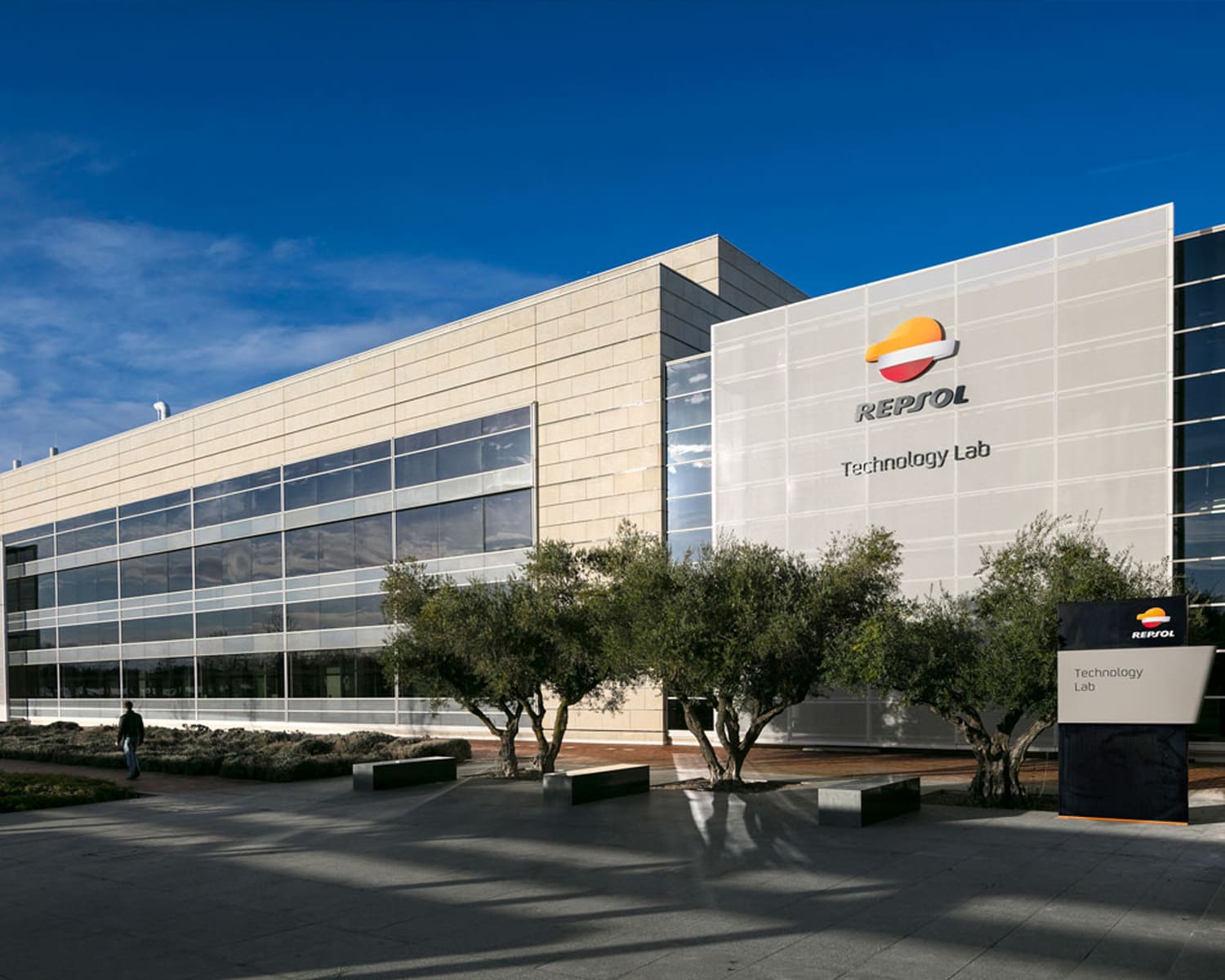Repsol pioneers industrial-scale production of 100% renewable gasoline
Repsol has reached a major technological breakthrough by producing gasoline made entirely from renewable sources on an industrial scale — a first for Spain and a significant step forward in the energy transition. The achievement, realized at the company’s Tarragona complex, places both Repsol and Spain at the forefront of renewable fuel innovation.
This new 100% renewable gasoline is fully compatible with existing gasoline vehicles, requiring no engine modifications, and reduces net CO₂ emissions by more than 70% compared to traditional fuels. Repsol’s Nexa 95 Gasoline, its highest-quality 95-octane product derived entirely from renewable sources, is now available at 20 service stations in Madrid and Catalonia. The company plans to expand distribution to 30 stations by the end of the year, reaching additional cities including Tarragona, Valencia, Zaragoza, and Bilbao.
With the launch of this product, Repsol broadens its renewable fuel portfolio, which already includes Nexa Diesel made from 100% renewable sources. Together, these products demonstrate that renewable liquid fuels offer a practical, immediate path to decarbonizing transport — particularly for vehicles with combustion engines, which still make up 97% of the vehicle fleet in Spain and Europe, and account for 87% of new vehicle sales in Spain this year.
To achieve Spain’s and the EU’s climate goals, recognizing the role of 100% renewable fuels is essential. This includes reconsidering the EU’s proposed CO₂ emissions regulation, which would prohibit combustion engine vehicles by 2035. The uncertainty surrounding this policy has contributed to the aging of Spain’s vehicle fleet — now averaging 14.5 years, with nearly one-third of vehicles more than 20 years old.
Repsol emphasizes that accelerating renewable fuel development will require clear, long-term targets — similar to those already established for the aviation and maritime sectors — alongside supportive tax measures. These steps would provide the stability and confidence needed to drive further investment in efficient combustion technologies and support a balanced, sustainable mobility transition.
Renewable fuels
To decarbonize mobility, Repsol is committed to a model that combines all solutions that reduce CO2 emissions, such as renewable fuels, electrification, LPG, and renewable hydrogen, which the company is developing. The company's vision is that all energy options - including conventional fuels used in combination with ultra-efficient engines - must be considered to guarantee supply, meet the needs of each customer, and reduce greenhouse gas emissions as quickly and cost-efficiently as possible.
At its industrial complex in Cartagena in Spain, Repsol already operates the first plant on the Iberian Peninsula dedicated exclusively to producing 100% renewable fuels on a large scale, specifically sustainable aviation fuel (SAF) and renewable diesel. In 2026, it will add a second plant at its Puertollano complex, with the annual capacity to produce around 200,000 tons of 100% renewable fuel for road and maritime transport.
The innovative process for manufacturing renewable gasoline on an industrial scale carried out by Repsol in Tarragona is the result of more than 20 years of research and production of renewable fuels in their various forms. The technology was developed by the company’s scientists in collaboration with Honeywell. The exclusive formulation of Nexa 95 Gasoline of 100% renewable origin was custom-developed at the company’s technology center, the Repsol Technology Lab on the outskirts of Madrid, to maximize engine performance and keep it in optimal condition.
Repsol has established supply agreements for renewable fuels with leading heavy-duty road transport companies in Spain and Portugal, such as Scania, Grupo Sesé, XPO, Serveto, Havi, Joanca, Carreras, Rhenus, and Luis Simoes, whose end customers include Coca Cola, Freixenet, and Seat. The company also partners with Spanish passenger transport operators, such as Alsa and Avanza, and with maritime operators, such as Royal Caribbean. To promote the use of sustainable aviation fuel, Repsol has signed major agreements with commercial airlines like Iberia, Ryanair, Vueling, and Air Europa. The effectiveness of these fuels was also demonstrated by the Spanish Air Force’s Patrulla Águila aerobatic team during Spain’s National Day parade in October 2022.
